Alexei Navalny, Russia’s most prominent opposition leader and a constant irritant to Russian president Vladimir Putin’s regime for more than a decade, has died in a remote penal colony in the Arctic Circle at the age of forty-seven. The news was greeted with shock, outrage and sadness across the US and Europe and came at a time when the West’s most high-profile politicians and security figures were in Germany for the annual Munich Security Conference.
There’s no denying Navalny’s bravery. Most high-profile Russian figures who criticize Putin and live long enough to tell the tale choose to live a life in exile. Navalny, however, was never interested in that option. After completing a stint in a German hospital, where he nearly died from being poisoned, the opposition campaigner insisted on returning to Russia. He knew flying back to his country would likely get him arrested by the Russian security services — and sure enough, he was immediately taken into custody after landing at the airport. In the years, Navalny was juggling so many criminal charges (all of them trumped up) that it was difficult to see how he would ever see daylight outside the prison walls.
The reactions to Navalny’s demise were swift. “Fear of one man only underscores the weakness and rot at the heart of the system that Putin has built,” secretary of state Antony Blinken told reporters during meetings at the Munich Security Conference. Yuliya Navalnaya, Navalny’s widow, was calm, cool and collected as she delivered remarks at the same conference, calling “on the international community, the people in this room and people everywhere that we fight and beat this evil, this terrible regime in Russia led by Vladimir Putin.” Vice President Kamala Harris uttered the usual boilerplate language about how Russia is ultimately responsible for Navalny’s untimely passing. As to what the United States would do about it, Harris was at a loss for words: “We will have more to say on this later.”
Calls for a forceful American response have flooded social media. Nearly every American politician, Democratic and Republican alike, agrees that something needs to be done to demonstrate Washington’s disgust. Yet what can the US do that would make actually much of a difference?
In situations like this, presidents reach inside the policy toolkit for the usual measures, perhaps taking away the visas of a few high-profile Russian officials, cutting off a Russian bank or two from the US financial system, sending diplomatic notes of protest or kicking Russian diplomats out of the country. Months after Navalny’s attempted assassination in 2020, the Biden administration designated seven Russian government officials and placed twenty-four Russian organizations on the Commerce Department’s Entity List, which regulates and restricts US exports to anybody in that database. In August 2023, the US rolled out additional measures, slapping four additional Russian officials for involvement in the Navalny assassination plot, blocking any assets they may have had in US jurisdiction and preventing them from transacting with American individuals and institutions.
Yet none of the asset freezes, visa bans and public shaming did anything whatsoever to end Navalny’s unjustified, excruciating stay behind bars. This of course isn’t a surprise; for the Russian political elite, keeping Navalny inside prison was worth the cost. Putin, the Russian security services and the propagandists polluting Russia’s airwaves may have taken pains to avoid mentioning Navalny’s name, but it was abundantly obvious that the entire system Putin has built and consolidated over the last two decades was petrified of the man. Otherwise, why try to kill him or send him to prison for thirty years?
The sad reality is that there’s nothing much the US or its European allies can do to change Russia’s behavior. The US can and arguably should penalize Russia for what is essentially a state-sanctioned murder, but we also need to be realistic about what this will achieve: nothing of consequence. The West has already used a lot of its leverage against Russia and has little left to spare. Putin’s war of aggression in Ukraine killed off whatever relationship Russia still had with Europe, once Moscow’s most lucrative market. European Union exports to Russia have declined by more than 60 percent between February 2022, when the war in Ukraine began, and September 2023. EU imports from Russia have declined by 81 percent during this same period. Before the war, Russia supplied the EU with 40 percent of its natural gas; last year, that share dropped to 8 percent. The US and its partners in Europe and Asia have already walled off a big chunk of Russia’s foreign exchange reserves. Are there any more Russian government-affiliated assets to seize?
The US and Europe could presumably cut off diplomatic relations with Russia in retaliation. But as deplorable as Navalny’s rotting in prison is, we must ask whether severing all links with the world’s largest nuclear state during a time of war is a proportionate response — or, even if it was, whether it’s a smart one. And would a break in diplomatic relations be of such major gravity to Putin that he suddenly decides to become some kind of humanitarian? Absolutely not; the spy-turned-despot has authorized the killings of so many dissidents, journalists, politicians and turncoats that this train left the station long ago. Putin will continue to be the brutal man he has long since become, particularly if he believes brutality is what keeps him in control of the Russian political system.
Alexei Navalny will be remembered as the guy who stood up to Putin when most Russians were either too afraid or lethargic to do so. He’s just the latest martyr to fall. In Putin’s Russia, he won’t be the last.



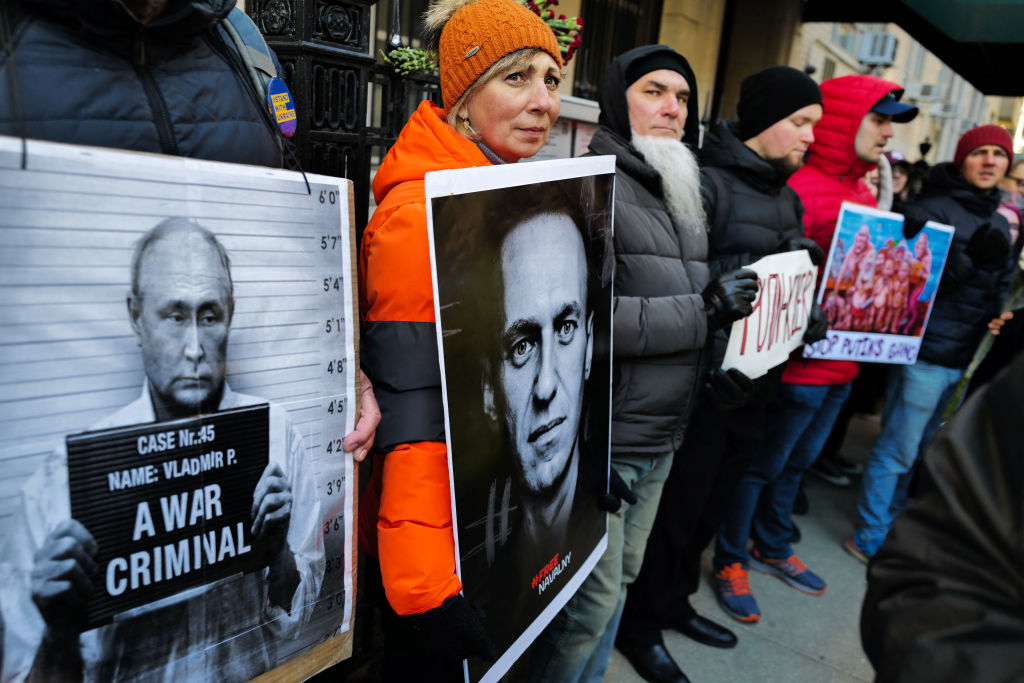






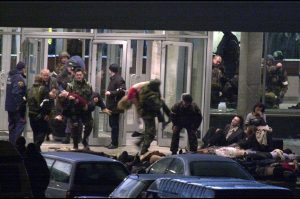




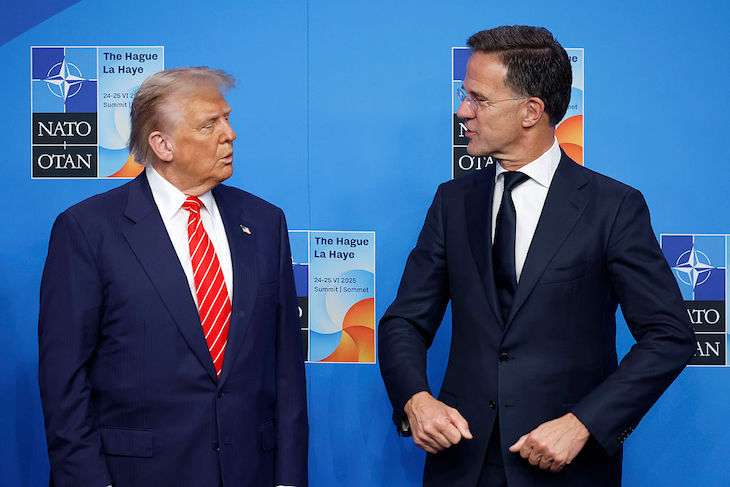
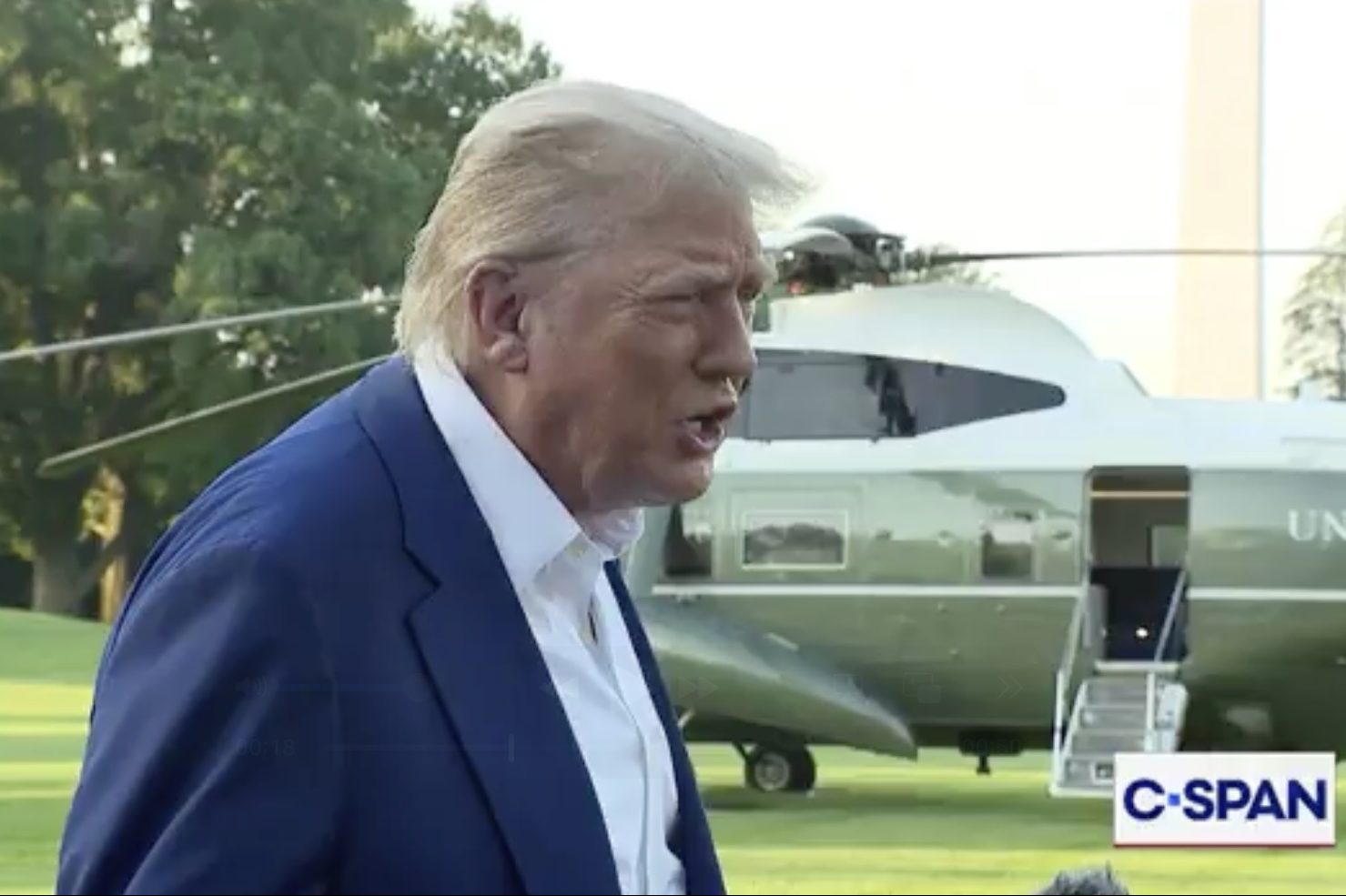
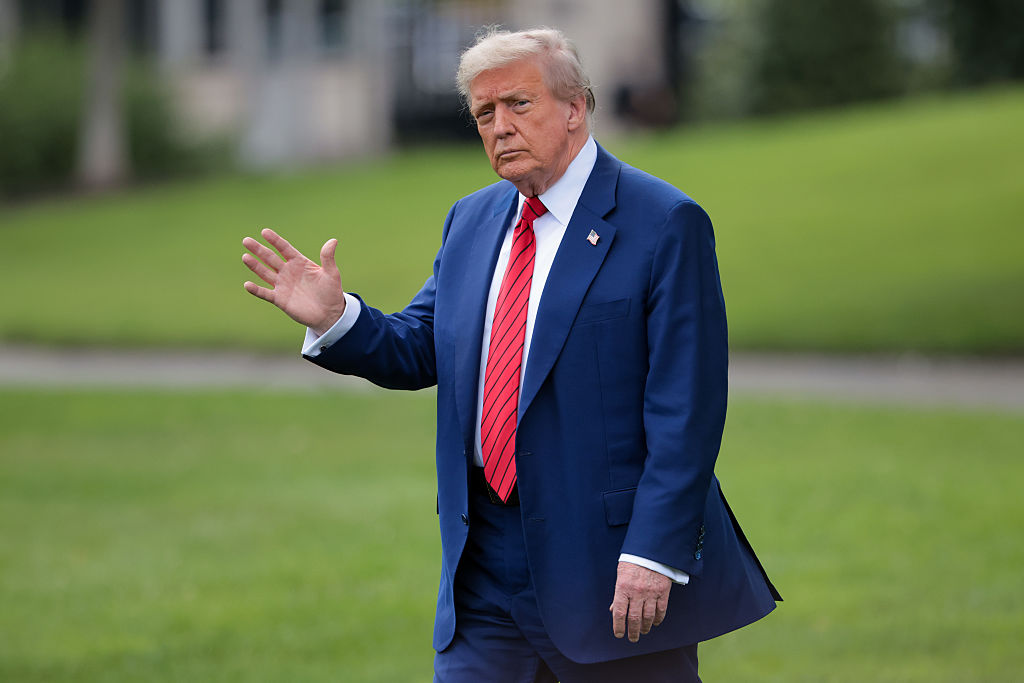
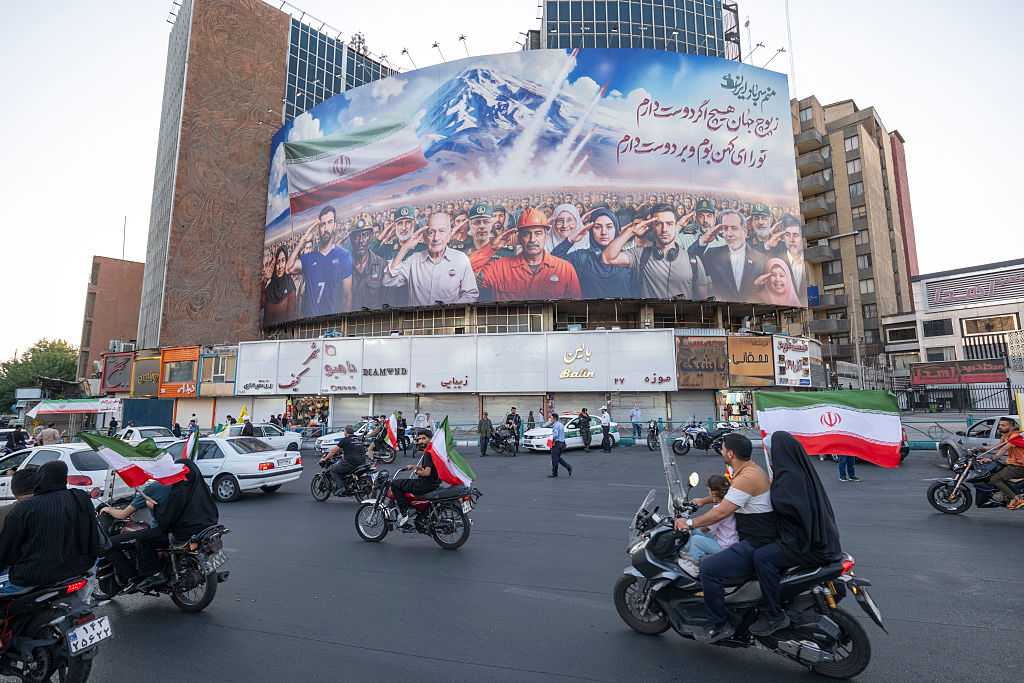







Leave a Reply